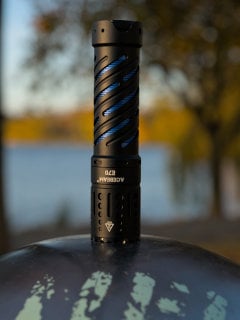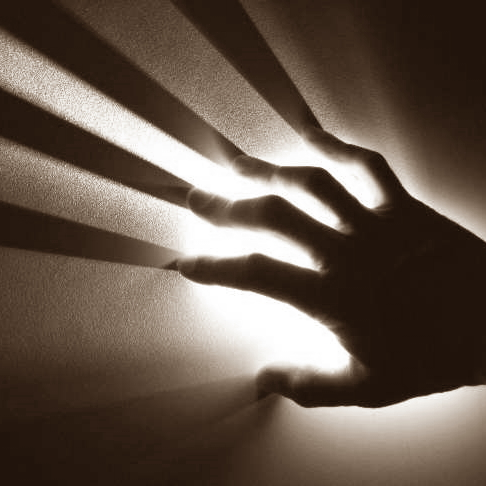Stacked camera sensors have been a thing for a while now; they have improved sensitivity to light by stacking translucent photodiodes on top of each other.
The Nichia 719A is the inverse; translucent LEDs are stacked on top of each other (in a single package) for increased intensity.
How do you think this will stack up against the SC64w Hi in terms of output? I have the SC64cLE and the w Hi and there is a noticeable bump in output with the Hi. I told myself I wasn’t going to buy another Zebra till the new SC700 is released…
SIDENOTE-I downloaded Jerboa for Lemmy and it really makes for a decent reddit’ish experience. Thisight just work. ;). Thanks for getting this ball rolling.
Probably a bit lower than the XHP35 HI, but maybe more throwy.
I tried Jerboa and it didn’t want to stay logged in. I’m pretty content with the mobile website though.
Sounds like it’ll be perfect for those who wanted a w Hi but didn’t get one. 👍 Maybe I’ll save my money for the 700.
No matter how many times I set it to English and save the settings, the website would always default back to Arabic. Not sure what I am doing wrong. I just got Jerboa set up I guess I’ll see how it goes.
In related news, there’s an extremely rare discount now: $5 off the SC64c LE.
I worry about the huge flux range. Most emitter bins are like ±4-5% flux. 719A bins are ±10% flux. So theoretically you could be looking at close to 20% swings in lumens and throw from emitter to emitter. And you can’t drive them past 2.5A so you can’t drop one into a D1/KR1 or any lights really since most 6V drivers are 4A+.
Hopefully they are more throwy than an XPLHI or XHP35 otherwise idk.
Do we know how hard they can really be driven? Zebralight won’t drive them hard of course, but they don’t drive anything else hard either.
Great news. Thanks for sharing the good ZL news.
This might be my first zebra. Been wanting to get one just for practical use (efficiency and durability).
You wont be disappointed.




